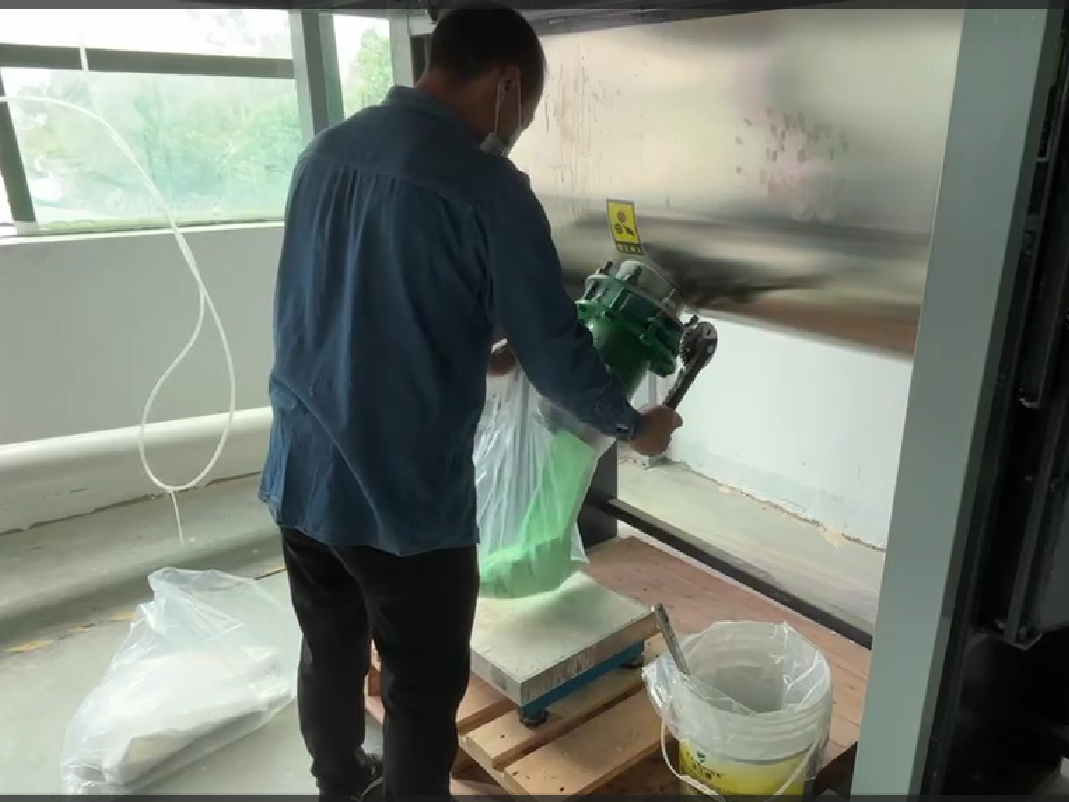Introduction: Aluminum alloy sealant is a crucial surface treatment agent that plays an important role in the manufacturing of aluminum alloy workpieces. This article will introduce the technology of aluminum alloy sealants and their critical roles in the production of various types of products.
Functions of Aluminum Alloy Sealants
- Improved Corrosion Resistance: Aluminum alloy sealants can form a robust protective film that covers the surface of aluminum alloy, effectively preventing corrosion factors such as water, oxygen, and chemicals from corroding the aluminum alloy. This enhances the corrosion resistance of aluminum alloy workpieces, prolonging their service life.
- Enhanced Surface Quality: Aluminum alloy sealants can fill in minor surface defects, providing a uniform surface and improving the appearance quality. This is crucial for products requiring highly refined surface treatments, such as electronic devices and automotive components.
- Increased Lubrication: Aluminum alloy sealants can form a lubricating film on the surface of workpieces, reducing surface friction and enhancing the wear resistance of workpieces. This is vital for mechanical components and bearings that undergo frequent motion.
- Enhanced Thermal Conductivity: Aluminum alloy sealants help improve the thermal conductivity of aluminum alloy workpieces, making them more suitable for manufacturing high-temperature equipment such as heat exchangers and radiators.
Applicable Product Types
Aluminum alloy sealants are suitable for the manufacturing of various types of products, including but not limited to:
- Automotive Components: In automotive manufacturing, aluminum alloy sealants can be used to improve corrosion resistance and lubrication of components while enhancing appearance quality.
- Electronic Products: Electronic devices often require aluminum alloy components, and aluminum alloy sealants provide surface protection and lubrication, ensuring equipment reliability and performance.
- Building Materials: In the construction industry, aluminum alloy sealants can be used to manufacture weather-resistant and aesthetically pleasing aluminum alloy components such as windows, doors, and curtain walls.
- Construction Machinery: Aluminum alloy components in construction machinery need to have wear resistance and lubrication, and aluminum alloy sealants help meet these requirements.
Conclusion
Aluminum alloy sealants are versatile surface treatment agents that play a crucial role in enhancing the performance, corrosion resistance, and reliability of aluminum alloy workpieces. They are widely applicable to various types of product manufacturing, providing protection and surface quality improvements. The continuous development and innovation of aluminum alloy sealants will continue to drive advancements in the aluminum alloy industry.
Post time: Dec-14-2023



